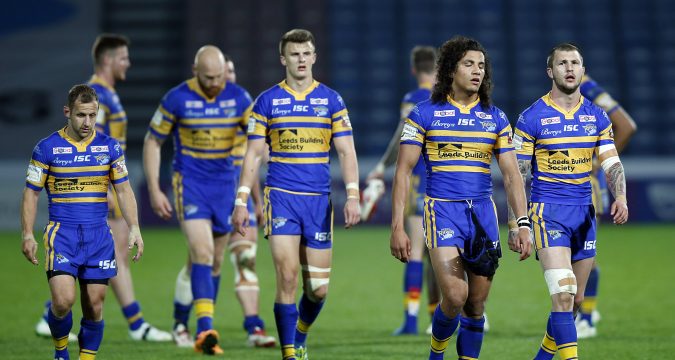 By Raj Bains
Sport, by its very nature, is cyclical. No matter which game is being played - no matter the level - teams and individuals peak and trough in form and success, with some coping better than others. It’s only natural, given their dominance over the past decade, that people should be taking as much pleasure as they are in Leeds’ comp
By Raj Bains
Sport, by its very nature, is cyclical. No matter which game is being played - no matter the level - teams and individuals peak and trough in form and success, with some coping better than others. It’s only natural, given their dominance over the past decade, that people should be taking as much pleasure as they are in Leeds’ comp Leeds Rhinos; what has gone wrong?
 By Raj Bains
Sport, by its very nature, is cyclical. No matter which game is being played - no matter the level - teams and individuals peak and trough in form and success, with some coping better than others. It’s only natural, given their dominance over the past decade, that people should be taking as much pleasure as they are in Leeds’ comp
By Raj Bains
Sport, by its very nature, is cyclical. No matter which game is being played - no matter the level - teams and individuals peak and trough in form and success, with some coping better than others. It’s only natural, given their dominance over the past decade, that people should be taking as much pleasure as they are in Leeds’ comp 